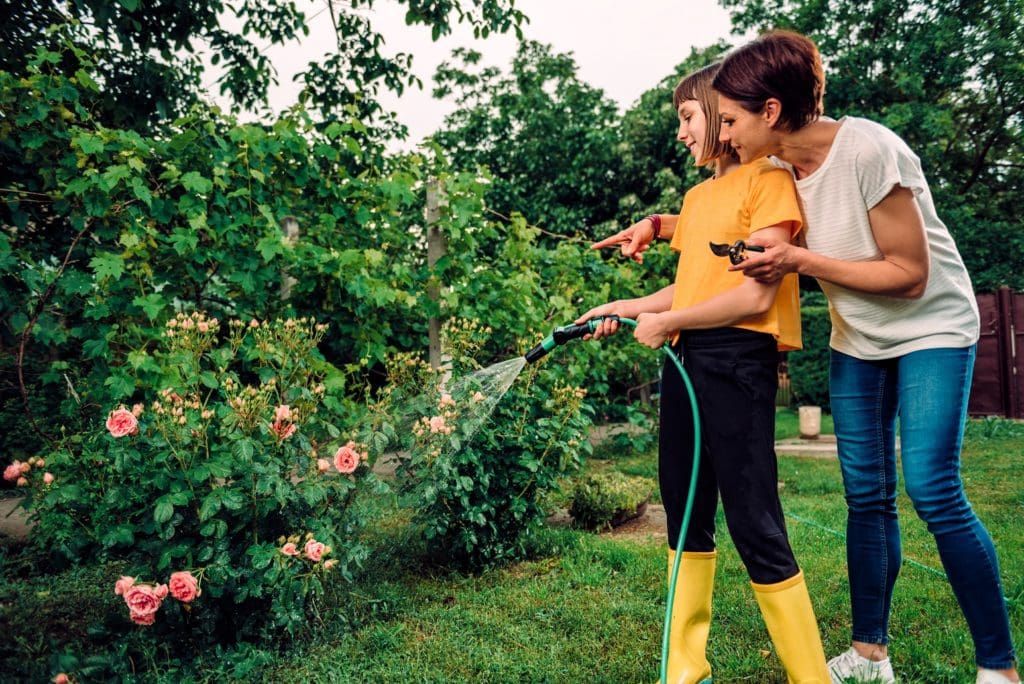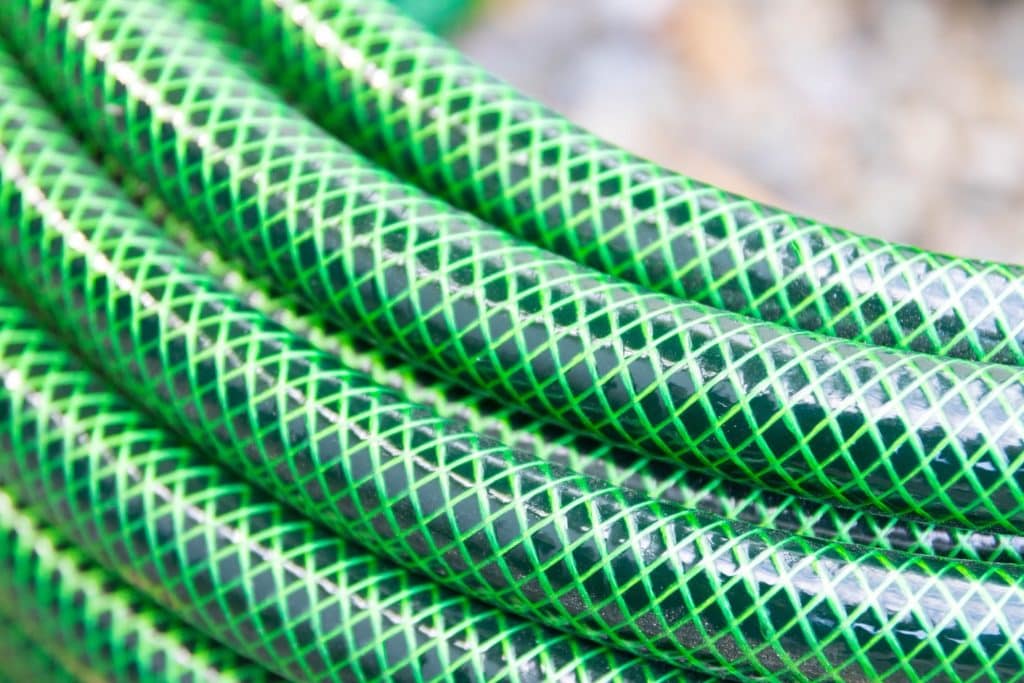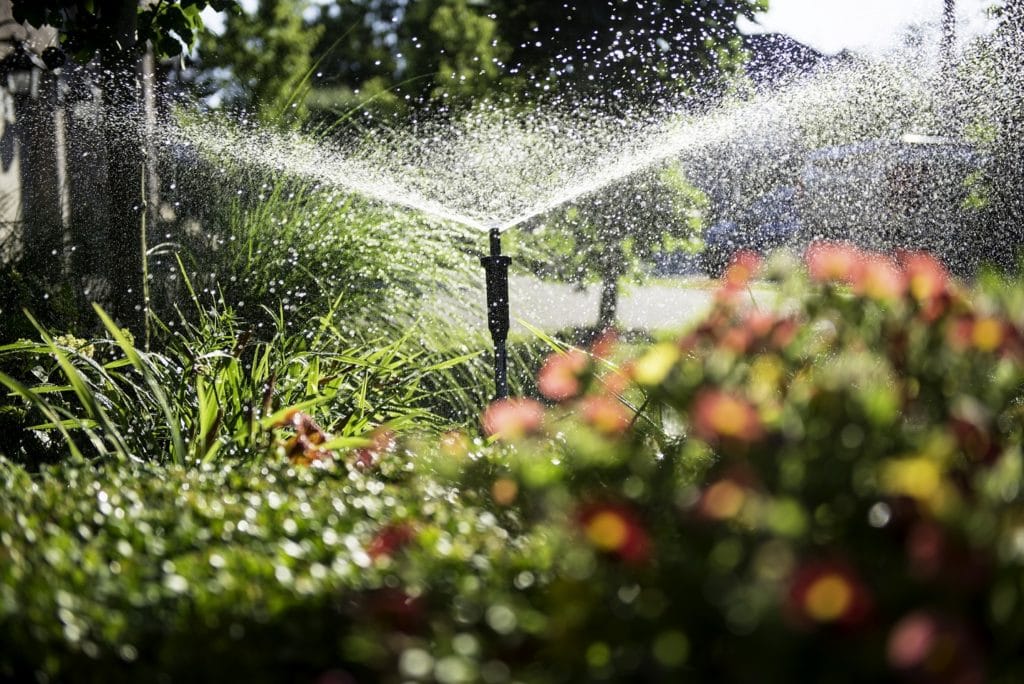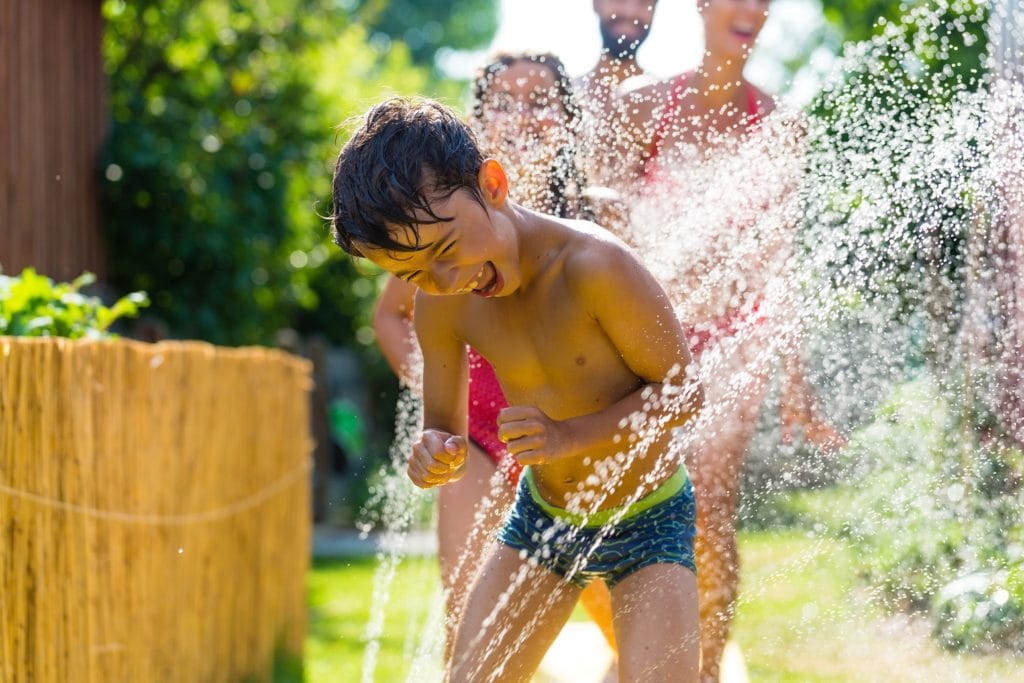A garden hose is an essential piece of outdoor equipment, whether your lawn stretches across several acres or you have a simple patio garden to manage. There are many uses for a garden hose, including watering grass and plants, rinsing off backyard toys, and washing your car. Most hardware and home improvement stores have entire aisles devoted to garden hoses, so there are many options. Take a little time to consider all the options so that you purchase a garden hose that will fit your watering needs.
With so many options to choose from and little visible difference between garden hoses, it’s tempting to simply choose the cheapest one. But small differences can have a big impact on how long the hose lasts and how easy it is to use.
A good garden hose should last 5 to 10 years. But many homeowners who buy lower quality hoses end up replacing theirs each year due to leaks, cracks or rot. Although some problems can be repaired, it’s generally more cost-effective to buy a good quality hose to begin with.
Holland Greenhouse Hoses
Holland imports has partnered with Swan Hose to manufacture the greenhouse brand of hoses. The Greenhouse collection of garden hoses now includes lead-free, BPA-free, drinking water safe options. Designed to offer value on quality gardening products, our new line of garden hoses delivers superior quality at affordable prices for homeowner, avid gardener, and professional contractor or farmer. Look out for these hoses coming early 2020.

Types Of Hoses
Vinyl- Inexpensive option for entry level hoses. Not as durable as other materials and not good with high water pressure. Light weight and easy to handle.
Rubber– Overall most durable materials good for extreme elements, resistant to deterioration and cracking. Generally higher priced and heavy.
Industrial– Rubber hose formulated for hot water use. Usually red in color
Reinforced– Usually has a mesh reinforced lining to reduce splitting, kinking and allow for higher water pressure. Good For commercial applications.
Sprinkler and Soaker Hose– Used for gentle watering of new lawns, bushes and hydrating roots
Expandable– Light weight and compactable. Low tolerance for moderate to high water pressure.

Water Pressure
The hose diameter determines the amount of water pressure that can flow through the hose.
½” Diameter = 9 gallons per minute – Used for residential use- low flow
5/8” Diameter = 15 gallons per minute – Used for residential use- regular flow
¾” Diameter = 23 gallons per minute – Commercial, contractor, and farm use
- Length determines the amount of pressure
- Only use the length of hose needed for the space.
- Extra length will reduce water pressure

Environmental Impact
California Prop 65, a California law intended to protect the State’s residents and drinking water sources from toxic chemicals and to inform its citizens about exposure to them. The State published a list of naturally occurring and synthetic chemicals that are known to cause cancer, birth defects or other reproductive harm. Prop 65 requires the manufacturer to provide a “clear and reasonable” warning if a product’s content of a listed chemical exceeds the “safe harbor level.“
Why is this important? Generally California leads the US and Health Canada with the implementation of safe legislation. Therefore it is only a matter of time before the rest of the US and Canada also pass legislation similar to Prop 65.
Safe Drinking Water
- Hoses purchased before 2007, will likely contain lead.
- Brass fittings can contain up to 8% lead
- Most Vinyl and PVC hoses use phthalates to provide flexibility and elasticity. However the chemicals in these materials have been linked to cancer.
- Water from hoses that contain chemicals and lead can leach into soil and potentially be absorbed into some fruit bearing plants.
- Using Water from hoses with chemicals and lead can potentially be absorbed through skin. Caution should be used with children playing in water from ‘non drinking water safe’ hoses.
When purchasing a new hose, look for ‘Drinking Safe’, Lead Free, BPA Free hoses.

Hose Care
- Store in shade away from sun when not in use. Photosynthesis causes breakdown of chemicals which will then leach into water.
- Run water away from Lawns and gardens to flush chemicals before using. Water sitting in hose may contain chemicals.
- Replace old or damaged hoses or refrain from using on Lawn, Gardens, pool, or with children. Cracks and breakdown of hose materials can lead to contaminating water.

